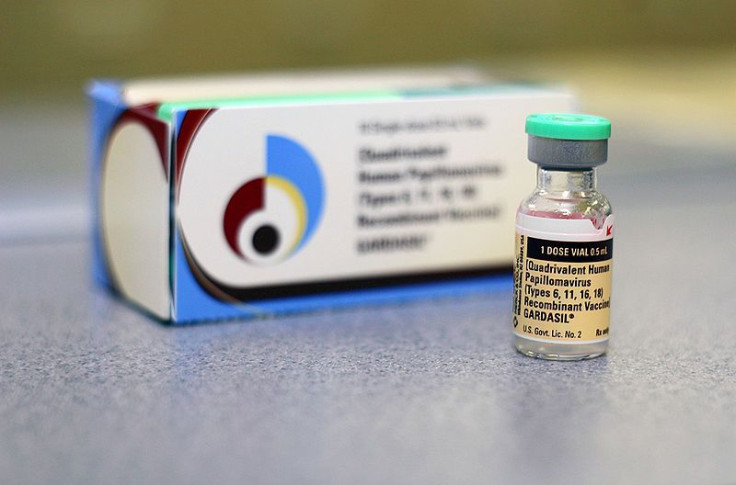Wisconsin Sisters Sue Over Gardasil, Say HPV Vaccine Caused Early Menopause And Infertility [VIDEO]

Wisconsin sisters, Madelyn and Olivia Meylor, have filed a lawsuit in federal court claiming Gardasil, the human papillomavirus (HPV) vaccine both women took when they were younger, caused them to go through early menopause and may have made them infertile.
Gardasil, a product made by Merck and Co., is “the only HPV vaccine that helps protect against 4 types of HPV.” HPV is a virus that exists in over 100 different varieties and has over 40 different strains that affect the genital area. HPV is considered a sexually transmitted infection (STI) because it is transmitted primarily through skin-to-skin contact, which includes sexual intercourse, anal sex, and oral sex. While HPV can cause genital warts like other STIs, it is considered especially dangerous because of its link to genital and other serious cancers.
According to the Centers for Disease Control and Prevention (CDC), approximately 79 million Americans, most of whom are teens and young adults, are infected with HPV. About 14 million people contract the virus each year. The HPV vaccine, which was introduced in 2006, is recommended for girls and boys between the ages of 11 and 12. It is given as a series of three shots over a six-month period.
The Meylor sisters, ages 19 and 20, blame the vaccine for both of their premature ovarian failure. They also have premature menopause, marked by insomnia, night sweats, and headaches. Doctors say that it is highly unlikely the women will be able to get pregnant in the future due to their conditions.
"I've always wanted a huge family, but I don't know if that will be possible," Madelyne Meylor said.
Tests for a possible genetic cause for the sisters’ symptoms were all negative. They are using hormone replacement therapy and taking birth control to ward off the continuing negative health effects.
“People should look into the vaccine more and see if the benefits outweigh the risks,” Olivia said. Merck, however, maintains that the women’s condition — which the company calls “premature ovarian insufficiency” (POI) — is not linked to the use of Gardasil.
“Merck has reviewed the post-licensure reports of POI after administration of Gardasil and has concluded that the evidence does not support a causal relationship to the vaccine,” the company said in a statement. “The cases have been reported to the U.S. FDA and other regulatory agencies. There have been no reports of POI in the clinical trials with Garsadil.”



























